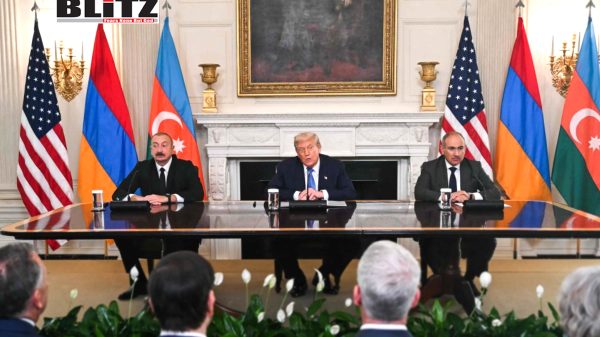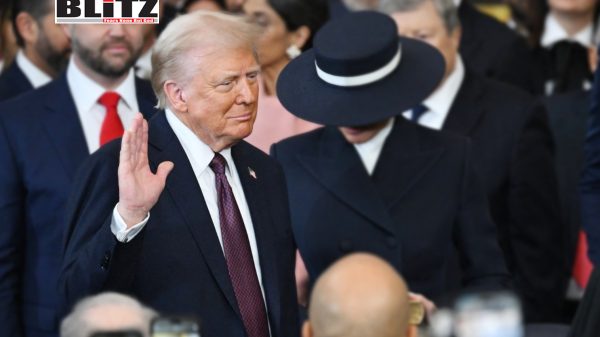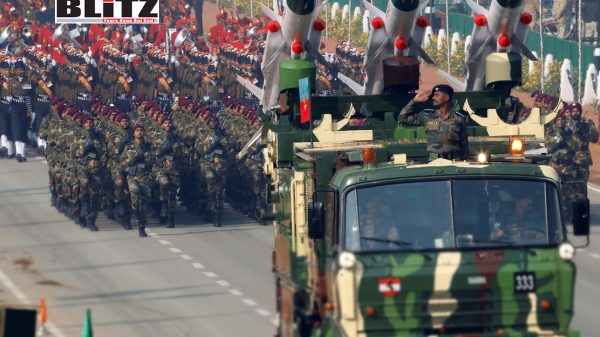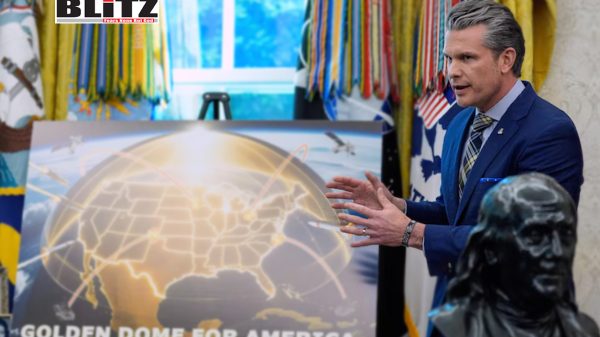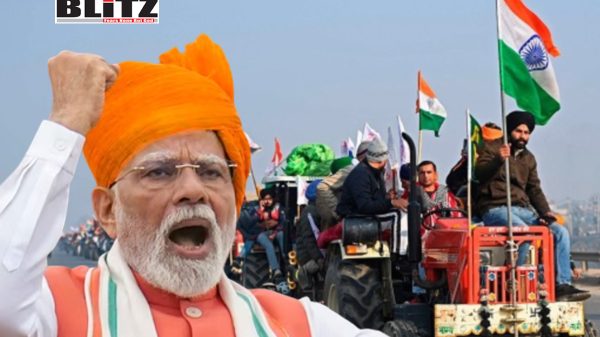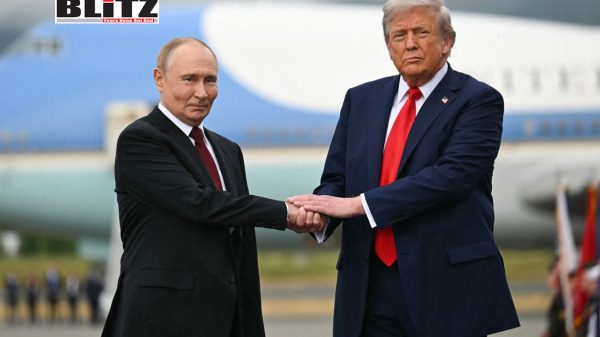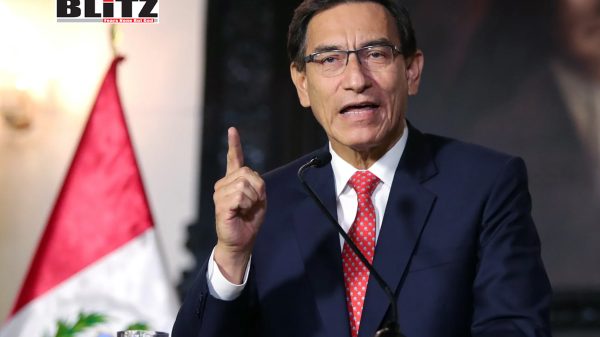Determinism, historicism, and strategic miscalculations: Lessons from the Trump era
- Update Time : Sunday, August 17, 2025
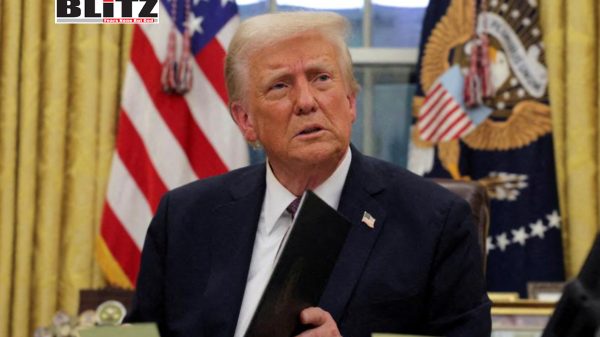
In global strategy and policymaking, a recurring flaw has emerged: an overreliance on determinism and historicism. Across countries, even the most seasoned experts have attempted to forecast future behaviour primarily from past patterns, often underestimating the complexities of human agency. The Trump era provides a stark example of how this approach can mislead.
During Donald Trump’s first term, strategic experts and analysts worldwide – including in India – acknowledged his unpredictable personality and transactional approach to diplomacy. Yet, after he won the elections for a second presidential term in 2020, many analysts relied almost entirely on his first-term behaviour to predict his future policies, overestimating the value of past patterns. Even if Trump were considered a rational actor, this reliance on historicism was misguided, as history unfolds from the known to the unknown, and the trajectory of political behaviour cannot be fully anticipated. In Trump’s case, his transactional style further amplified the risk of such assumptions, making historicist predictions particularly unreliable.
Observing his personal warmth toward Prime Minister Modi – evident in their joint appearances at the “Howdy Modi” and “Namaste Trump” events – his tough rhetoric on Pakistan, including his 2018 tweet accusing the country of “lies and deceit” and harbouring terrorists, and his active engagement in the Indo-Pacific, where he emphasized a “free and open Indo-Pacific” and strengthened strategic coalitions like the Quad, analysts drew conclusions from these past actions and assumed continuity, expecting these patterns to persist into his second term. A clear proof of this reliance is evident in the writings and analyses that appeared when he assumed office for a second term – practically every major think tank and expert employed the same historicist approach.
The unfolding reality proved these predictions flawed. Trump’s recent actions—imposing a 50% tariff on Indian goods, adopting inflammatory rhetoric against India, strategically emboldening Pakistan, undermining India’s strategic position in South Asia, and cozying up to China – contradicted the expectations drawn from his first-term behavior. Globally, similar miscalculations occurred, as governments and think tanks relied too heavily on historical patterns rather than developing strategies capable of accommodating uncertainty and change.
This tendency reflects the broader theoretical limitations of historicism. Karl Marx, for instance, predicted the inevitable rise of communism as a deterministic outcome of history, emphasizing structural and economic forces while largely underestimating human agency and the unpredictable evolution of societies. His approach assumed that historical processes follow a fixed path, leaving little room for individual or contingent action.
Karl Popper, in contrast, emphasized the impossibility of accurate historical prediction and proposed an incremental approach to social planning: “You can never predict things. When you predict, you only know the past; history unfolds in unpredictable ways.” Popper argued for small, reversible interventions, recognizing that complex social and political systems cannot be fully controlled or anticipated. International relations, like human history, involve complex, nonlinear interactions that defy simple extrapolation, making deterministic or historicist predictions inherently unreliable.
For India, the consequences of this reliance on historicism were significant, but it is not an isolated case. Across the globe, strategic experts drew conclusions from Trump’s past actions, even while acknowledging his unpredictability, and failed to prepare for the evolution of his policies. By assuming continuity, many countries limited their strategic flexibility, closing off space for negotiation and adaptive policymaking.
The lesson is universal: human behavior and global politics cannot be reduced to deterministic formulas or predicted solely from past trends. Effective strategy requires recognizing unpredictability, embracing flexibility, and allowing for adaptive, evolutionary responses. Countries must cultivate strategic approaches capable of responding to dynamic and unexpected developments rather than being anchored solely in historical precedent.
Going forward, this should guide policymakers, think tanks, scholars, and experts everywhere. Overreliance on historicism is a perilous approach; strategies must remain adaptable, preserving space for change, negotiation, and evolution. Strategy becomes far more effective when human agency is recognized and events are not treated as fixed or forcibly “arrested” to fit predetermined expectations. By formulating strategies in an evolutionary manner – aligned with the unpredictable unfolding of history – we can prepare more effectively and avoid misjudgements. For instance, had we not relied on a deterministic, historicist approach, we would not be hearing claims today that India failed to understand Trump simply because conclusions were drawn from his past behavior.
History cannot be “arrested”; attempting to do so denies its agency and moves us away from practical reality. Strategies formulated under such assumptions fail because they are not in harmony with the inherently unpredictable course of historical and political developments. Only by acknowledging this reality can nations navigate the complexities of international relations and safeguard their strategic interests.


